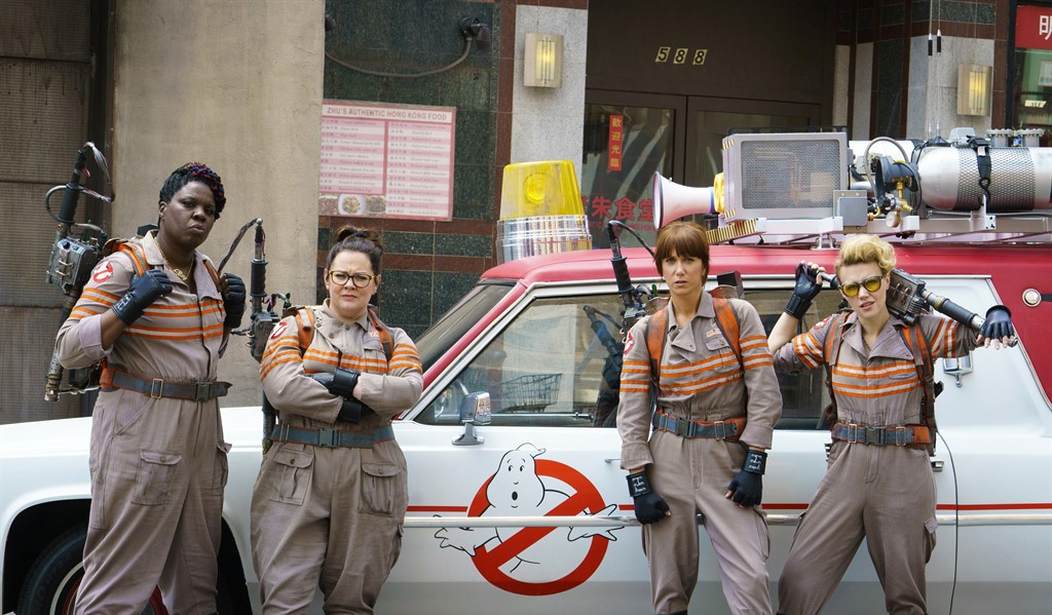For the last few years, the entertainment industry has been tripping all over itself to virtue signal. Even before revelations about Harvey Weinstein turned Hollywood upside down, entertainment executives have been desperate to prove to people just how woke they are.
In order to do that, though, they needed successes. It's not enough to just cast women and minorities in leads, after all. These characters and their stories need to be huge.
For those reasons, producers have leaned on reboots as the perfect opportunity to do just that. As a reboot, they can make any changes they want, including the character's sex or ethnicity, and they'll still have a built-in audience to improve their chances of success.
Plus, if the movie bombs, they can then blame sexism or racism or whatever other kinds of -ism they want for the failure.
Unfortunately, even some on the left are seeing the problem with this (via Wired).
But here’s the thing: Very few people are truly happy about it. Some Doctor Who fans, for example, find it easy to accept a two-hearted, quasi-immortal alien who travels through space and time in a police call box, while a female incarnation of that time-traveling alien strains credulity. These reboots are not, as imagined by their most vehement detractors, being lapped up by legions of man-hating, white-bashing snowflakes. When these “progressive” reimaginings try to strike that representation chord, they often hit a sour note—tokenism.
In other words, while it's easy for those of us who despise these reboots to assume that the people the entertainment industry is trying to appeal to are loving it, they're not. They're just as annoyed by it as the rest of us are.
Recommended
For example:
But this spate of other updates, which graft diverse characters onto skeletons built in less inclusive times, have a lazy, hand-me-down quality to them. If you want to successfully re-launch a franchise today, you can’t put old lines in new mouths and expect that to be enough to make people who’ve waited to see their experience reflected on screen feel seen.
As someone who writes fiction myself, they're not wrong.
Audiences have no problem with diversity. What we do have a problem with is diversity for diversity's sake.
Take the massive success of Black Panther, for example. The cast features only two characters of any significance who aren't black, and it was a fantastic movie. Why? What made it a great movie?
Well, for one thing, the characters were compelling. They happened to be people of color because that perfectly fit the story, but they were simply great characters. Then they were all dropped into a captivating story that anyone could relate to.
And people lapped it up.
This was a character built from the ground up as a black superhero. Much like Luke Cage--Netflix may have turned their back on him, but I haven't--these are characters who aren't so much part of an agenda as an effort to entertain.
If Hollywood wants to give minorities and women better representation, then give them unique characters that they can make their own. These people often referred to as marginalized, deserve their shot at creating iconic characters of their very own.
Jennifer Garner's Peppermint was panned by the critics, though she was praised. I, personally, enjoyed the movie well enough for what it was, and would love to see the character return in a sequel. But I doubt anyone would have felt that way if Peppermint had instead been nothing but a gender-swapped Punisher or Deathwish movie.
In short, if Hollywood wants to put minorities and women in leading, traditionally white, male oriented roles, then write some new ones. If you think they can carry a franchise, show them you believe that and let them start with fresh, new material they can make their own.

























Join the conversation as a VIP Member